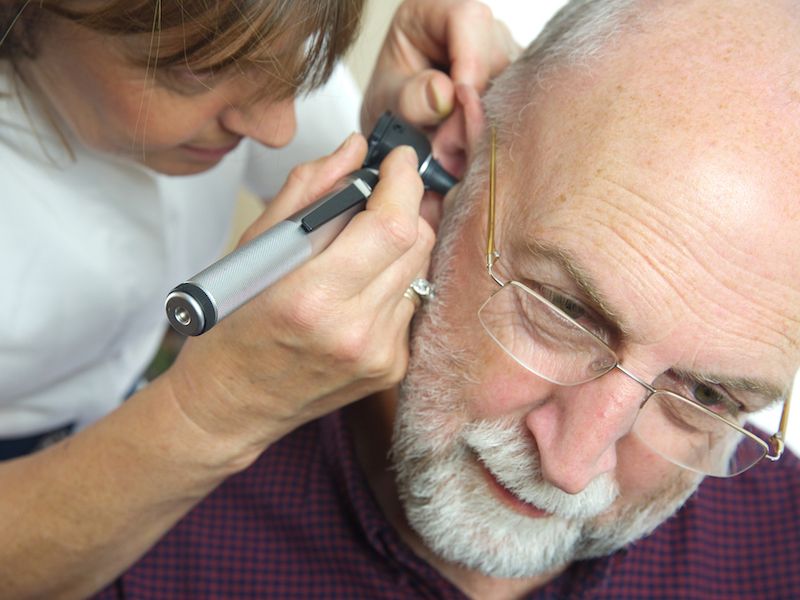
If you own eyeglasses, you recognize you should still make an appointment with your eye doctor every year, right? Because your eyes can change over time. Your eyes and all parts of your body are dynamic not static including your ears. That’s why, just like you do with your eyes, it’s necessary to keep getting your ears tested even after you’ve invested in a pair of hearing aids.
Unfortunately, many people miss those regular checkups. It’s easy to forget to go in to see your hearing specialist because you’ve been occupied with enjoying life. Or maybe lately, work has been stressful. You may even be so satisfied with your hearing aids that you simply didn’t think you need to make another appointment. You would normally consider that to be a positive thing.
For many individuals with hearing impairment, even one reexamination consultation becomes nearly more important over time. Even in the face of that, ongoing attention is often ignored. According to one survey, only 33% of seniors with hearing aids also used regular hearing services.
Why Do You Need Examinations Once You Have Hearing Aids?
Your hearing is not static. Over time it changes. When these changes occur, you need to modify your hearing aids to compensate. Issues can be detected early and your hearing aids can be adjusted accordingly.
It may be a smart idea to have frequent hearing exams for other reasons too. Some of the most prevalent reasons to ensure you show up to your next appointment include:
- Calibrating Hearing Aids: Although your overall hearing health may continue to be stable, small differences in your hearing might create the need for annual adjustments of your hearing aid. Your hearing aids could gradually become less effective without this type of calibration.
- Hearing degeneration: Even with a hearing aid, your hearing might continue to deteriorate. If this degeneration is slow enough, you probably won’t realize it’s taking place without the assistance of a hearing assessment. Hearing decline can often be slowed with appropriate alterations to your hearing aids.
In addition to monitoring changes in your hearing, it’s crucial to periodically have a professional cleaning. We can clean all the small components and keep your hearing in peak conditions and make sure it’s functioning at it’s best performance.
The Risk of Not Following up With Routine Check-Ups
The ultimate worry, here, is that over time, the hearing aids will quit working the way they’re supposed to, so you’ll become irritated with them and stop wearing them altogether. Wearing hearing aids helps you hear better, of course, but it also impacts your overall health. You might not notice it right away, but your hearing may decline quicker if you discontinue wearing your hearing aids. Untreated loss of hearing has been associated with many health problems like cognitive decline and a greater risk of accidents.
If you really want your hearing aids to continue working at an optimal level, frequent exams are going to be your best bet in the way of accomplishing that. Yearly hearing assessments or screenings can help you be sure your hearing aids are performing as they should and that your hearing is safeguarded. So now it’s time to schedule your hearing appointment.
